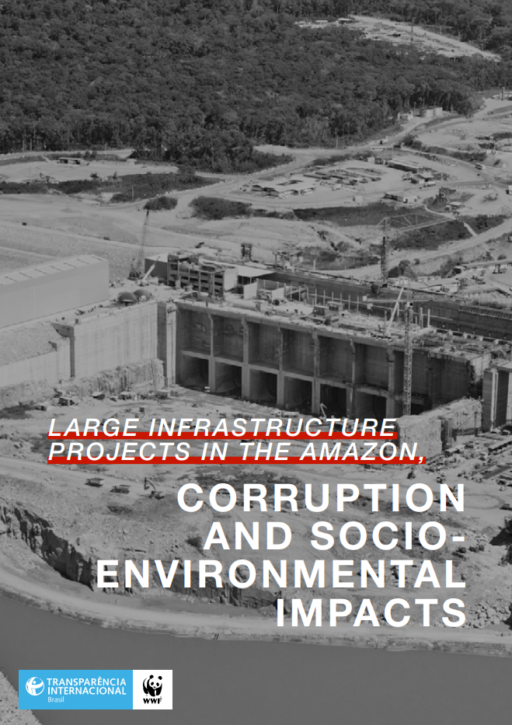Large Infrastructure Projects in the Amazon: Corruption and Socio-Environmental Impacts
Description
In recent decades, major Infrastructure projects in the Amazon, home to the world's largest tropical forest, have been associated with cases of systemic corruption and serious socio-environmental impacts.
Some of these cases relate to the largest and most controversial projects carried out in the country, such as the Belo Monte, Jirau and Santo Antônio Hydroelectric Power Plants, the Urucu-Coari-Manaus gas pipeline and the Rio Negro bridge, or even to projects located in other countries in the region but built by Brazilian companies, such as the Peruvian sections of the Pacific Highway.
The effects of corruption on large infrastructure projects are particularly worrying. Practices such as payment of bribes, illegal campaign financing and diversion of public resources distort decision-making processes, increase costs and facilitate state capture by public and private agents. At the socio-environmental level, corruption increases pressure upon the decision to undertake a certain project - despite its risks and impacts - enabling interference in environmental licensing aggravating direct and indirect impacts (including those suffered by indigenous peoples, traditional communities and other affected groups) and generating problems in managing resources destined for both impact mitigation and compensation.
Access the full report (in Portuguese): https://amazoniasemcorrupcao.org.br/
Authors
Transparency-International Brazil and WWF-Brazil
Date
03/05/2021
Tags
 Download PDF
Download PDF
